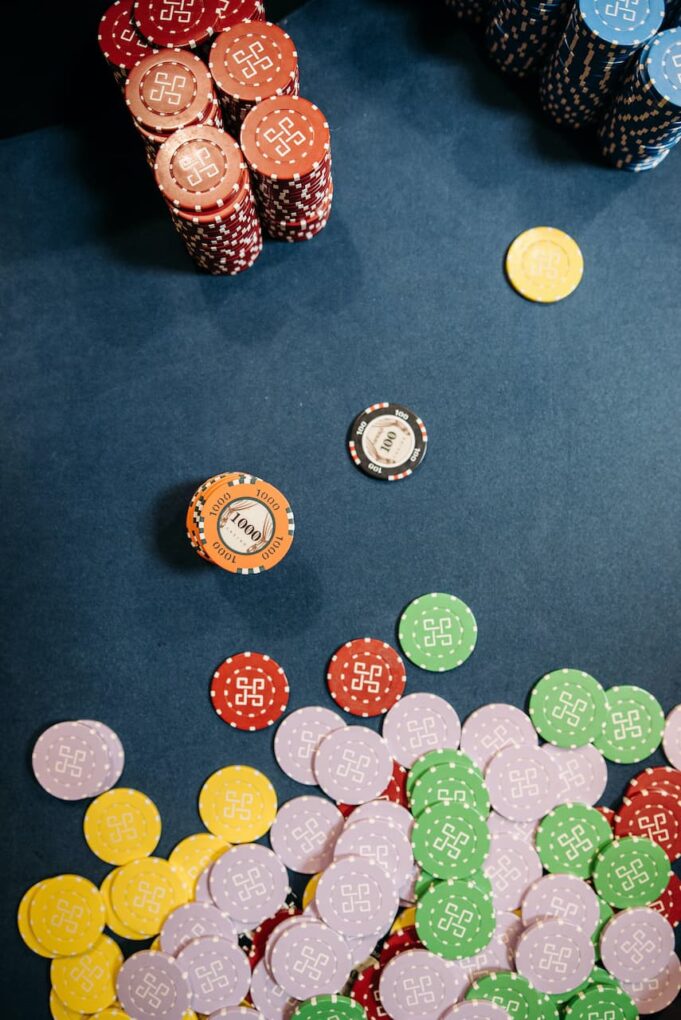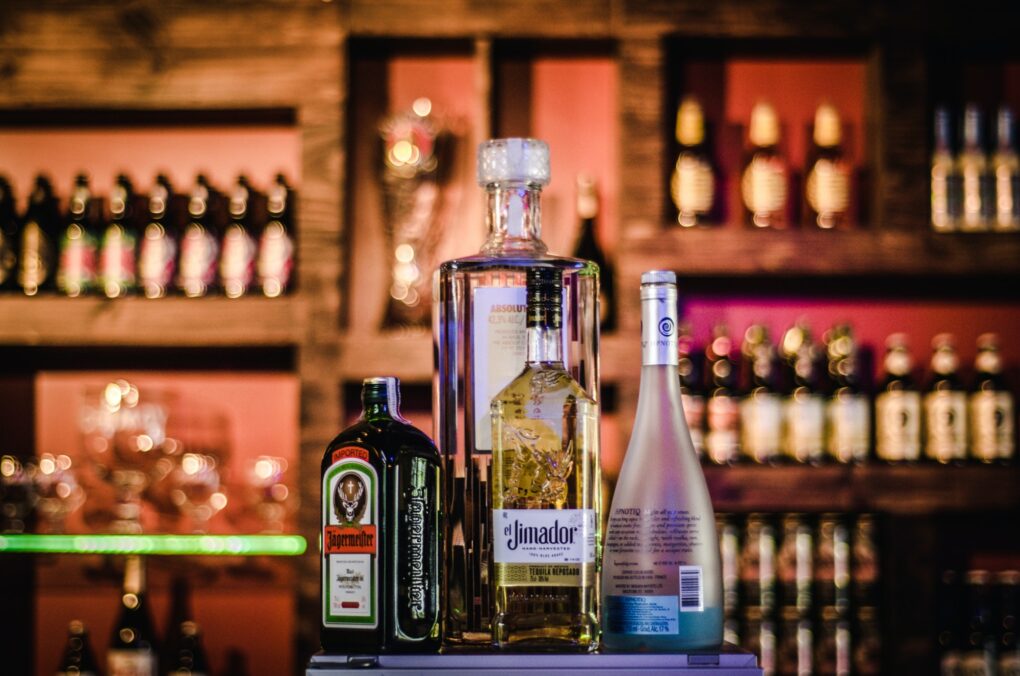The United States, the land of the free, is not exempt from some bewildering, chuckle-worthy, and at times, outright absurd laws. And no industry encapsulates this better than the alcohol sector, with regulations ranging from the confounding to the hilarious. Here’s a journey through some of the most outrageous alcohol laws that exist in the U.S. and how they compare to the seemingly unrelated world of online casino slot machines.
Uncorking Bizarre Alcohol Laws
Let’s start with Utah, the state known for its unique alcohol laws. Utah requires restaurants to prepare and pour alcoholic drinks behind a barrier, nicknamed the “Zion Curtain”. It’s done to prevent children from seeing the act of alcohol preparation, hoping it would discourage future drinking.
Venture into Indiana, and you’ll find it illegal to sell cold beer in grocery stores. Here, only liquor stores can sell beer at cold temperatures. An odd disparity, given that wine coolers and other malt beverages can be sold refrigerated.
In Massachusetts, it is illegal to give beer to hospital patients, while in Nebraska, it’s forbidden to sell beer unless you’re simultaneously cooking a kettle of soup!
Alabama has a quirky law prohibiting the sale of wine bottles with ‘obscene, indecent, or profane’ labels. In practice, this led to a ban on wines like “Fat Bastard” and “Old Fart,” causing wine lovers to shake their heads in amusement.
Perhaps the most whimsical law comes from North Dakota. According to the state law, beer and pretzels can’t be served at the same time in any bar or restaurant. The reasoning behind this law is still a mystery to many.

An Unexpected Parallel: Alcohol and Online Casino Slot Machines
These peculiar alcohol laws provide an unexpected parallel to the world of online casino slot machines. How, you ask? Like the alcohol industry, the gambling industry is riddled with specific, and at times peculiar, regulations meant to uphold fairness, safety, and societal standards.
For instance, in some jurisdictions, online casinos must display the odds of winning prominently for each slot machine. In others, there are laws about the ‘near misses’ that slot machines can show, controlling how often a player can come close to winning without actually winning.
Online casinos are required to conduct rigorous checks to prevent underage gambling, much like liquor stores need to verify the age of individuals buying alcohol. Some jurisdictions even require online casinos to enforce ‘cooling-off’ periods, during which players cannot gamble after a significant win, similar to laws in several states where alcohol sales are prohibited during certain hours or after certain events.
Although alcohol and online casino industries serve very different purposes, they both are subject to unique, sometimes ridiculous laws. These laws serve to illustrate the varied approaches used by legislators when trying to balance consumer protection, public health, and commercial freedoms.
The realm of law is not without its share of humor and quirkiness. Whether it’s the baffling ‘Zion Curtain’ of Utah, the chilly beer restrictions of Indiana, or the polite pretzel prohibition of North Dakota, America’s alcohol laws can indeed induce laughter and puzzlement.
Equally intriguing is the unexpected parallel to the world of online casino slot machines. Regulations in these two sectors may seem unrelated, yet they both highlight the lengths to which lawmakers will go to protect consumers and societal standards.
These bizarre laws are more than just fodder for amusement. They demonstrate how lawmakers can employ creativity to enforce societal norms and control consumption habits. As much as these rules might make us chuckle or scratch our heads in bewilderment, they all serve a purpose in their respective ways. They represent legislative attempts to navigate the nuanced terrain of consumer protection, societal values, public health, and economic interests.
As we marvel at these curious legalities, it’s vital to remember that laws, even seemingly absurd ones, emerge from specific cultural contexts and historical moments. The balance between individual freedom, public good, and commercial interest is a delicate one. In some instances, this results in peculiar laws like those we’ve explored here.
Just as the person wandering into a North Dakota bar might wonder why they can’t enjoy their pretzels with a cold beer, an online gambler might question the need for a ‘cooling-off’ period. Both laws, in their way, aim to control consumption and encourage responsible habits.
The world of laws and regulations is indeed a fascinating one, filled with peculiarities that perplex, entertain, and safeguard us in equal measure. Whether you’re in the business of producing alcohol, operating online casinos, or simply a consumer navigating these industries, understanding the laws – no matter how ridiculous they seem – is a crucial part of the game. So here’s a toast to the absurd, and may we continue to find humor and wisdom in the labyrinth of the law.
